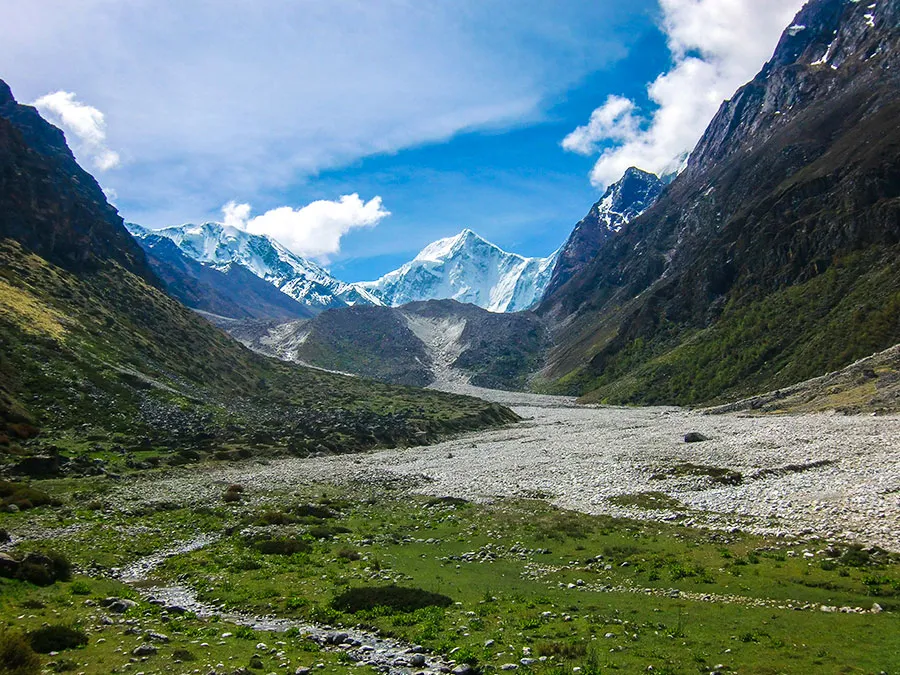
Nestled in the lap of the majestic Himalayas, Mana Village is more than just a scenic wonder—it is officially recognized as the last Indian village before the border with Tibet. Located in the Chamoli district of Uttarakhand, just 3 kilometers from the sacred town of Badrinath, Mana offers a unique blend of breathtaking landscapes, ancient legends, and a deep cultural heritage.
Why Visit Mana Village?
Mana offers a rare experience that combines adventure, spirituality, and history. Here are some compelling reasons why it should be on your travel list:
1. The Last Village of India
As the final village on the Indian side of the Indo-Tibetan border, Mana provides a unique geographical and symbolic significance. A walk through its stone-paved lanes feels like a journey back in time, away from modern noise and into the stillness of the Himalayas.
2. Mythological Significance
Mana is steeped in ancient Hindu mythology:
- Vyas Gufa: This cave is believed to be the place where Sage Ved Vyas composed the Mahabharata.
- Ganesh Gufa: According to legend, Lord Ganesha wrote the epic here as Vyas narrated it.
- Bheem Pul: A natural stone bridge over the Saraswati River, believed to have been placed by Bheema to help Draupadi cross during their exile.
3. Saraswati River
Mana is one of the few places where the mythical Saraswati River is visible. The river flows for a short distance before disappearing underground, adding to the spiritual mystique of the area.
4. Rich Local Culture
The villagers, of Indo-Mongolian descent, have preserved their traditional ways of life. Their homes are made from stone and wood, and the local economy is supported by agriculture, weaving, and tourism. Visitors are often moved by the simplicity and warmth of the people here.
What to Do in Mana?
- Discover handcrafted woolen items and local souvenirs made by the villagers.
- Trek to nearby natural wonders like the Valley of Flowers or the remote Satopanth Lake.
- Visit the last civilian point near the Indo-China border, accessible with official permission.
- Experience daily life in a Himalayan village, away from urban distractions.
Badrinath and Spiritual Connection
Located just 3 kilometers from Mana, Badrinath Temple is one of the four Char Dham pilgrimage sites. Many pilgrims include a short trip to Mana after visiting the temple to complete their spiritual journey. The ancient legends connected to this region deepen the experience for visitors interested in Indian mythology.
Best Time to Visit
Mana is open to tourists from May to October. During the winter months, heavy snowfall blocks the roads and the village remains inaccessible. Avoid travel during the peak monsoon season due to the risk of landslides.
Final Thoughts
Mana Village is not just a destination; it is a journey into the heart of India’s spiritual and natural heritage. With snow-capped peaks, ancient temples, sacred rivers, and timeless stories, Mana offers a truly enriching experience.
